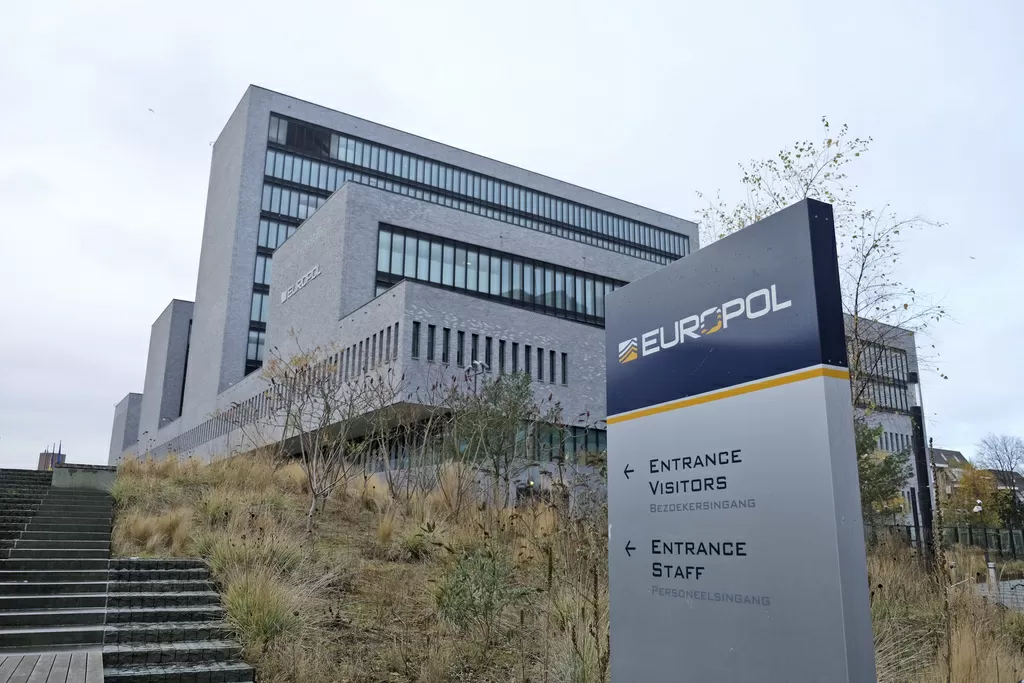Artificial intelligence (AI) has become an integral part of our daily lives, from voice assistants in our homes to self-driving cars on the roads. It has brought about numerous benefits, making our lives easier and more efficient. However, as with any technology, there is a dark side to AI that is becoming increasingly concerning.
According to Europol’s Executive Director Catherine De Bolle, AI-driven attacks are becoming more precise and devastating. In a recent statement, she highlighted the growing threat of AI-powered cyber attacks and the need for increased vigilance and collaboration to combat this emerging threat.
The use of AI in cyber attacks is not a new phenomenon. In fact, cybercriminals have been using AI for years to carry out their malicious activities. However, with advancements in AI technology, these attacks are becoming more sophisticated and difficult to detect. This is a cause for concern for both individuals and organizations, as the potential for damage and disruption is immense.
One of the main reasons for the increasing use of AI in cyber attacks is its ability to automate tasks and make decisions without human intervention. This allows cybercriminals to carry out attacks at a much faster pace and with greater precision. They can use AI to gather and analyze large amounts of data, identify vulnerabilities, and launch targeted attacks with minimal effort.
Furthermore, AI can also be used to bypass traditional security measures. With the ability to learn and adapt, AI can quickly find ways to evade detection by security systems. This makes it a powerful tool for cybercriminals, who can use it to exploit weaknesses and gain access to sensitive information.
The impact of AI-driven attacks can be devastating. They can result in financial losses, reputational damage, and even physical harm. For example, a cyber attack on a hospital’s AI-powered medical devices could have life-threatening consequences. This highlights the urgent need for increased security measures and collaboration among all stakeholders.
Europol’s Executive Director, Catherine De Bolle, has stressed the importance of cooperation between law enforcement agencies, governments, and the private sector to combat AI-driven attacks. This is crucial as cybercriminals operate globally, making it difficult for any one entity to tackle the issue alone.
In addition, there is a need for continuous research and development in the field of AI security. As cybercriminals continue to evolve their tactics, it is essential that security measures keep up with the pace. This requires collaboration between AI experts, cybersecurity professionals, and law enforcement agencies to stay ahead of the curve.
Despite the growing threat of AI-driven attacks, there is still a lot of potential for AI to be used for good. In fact, AI can also be used to enhance cybersecurity measures. For example, AI-powered security systems can detect and respond to threats in real-time, minimizing the risk of a successful attack. It can also be used to analyze data and identify patterns to prevent future attacks.
Moreover, AI can also be used to educate and train individuals and organizations on how to protect themselves from cyber attacks. By using AI, cybersecurity professionals can simulate different attack scenarios and provide personalized training to individuals and organizations. This can help raise awareness and build a stronger defense against AI-driven attacks.
In conclusion, the use of AI in cyber attacks is a growing concern that requires immediate attention. As Europol’s Executive Director Catherine De Bolle has highlighted, these attacks are becoming more precise and devastating. It is crucial that we take proactive measures to combat this threat by increasing collaboration, investing in research and development, and using AI for good. By working together, we can ensure a safer and more secure digital world for all.


